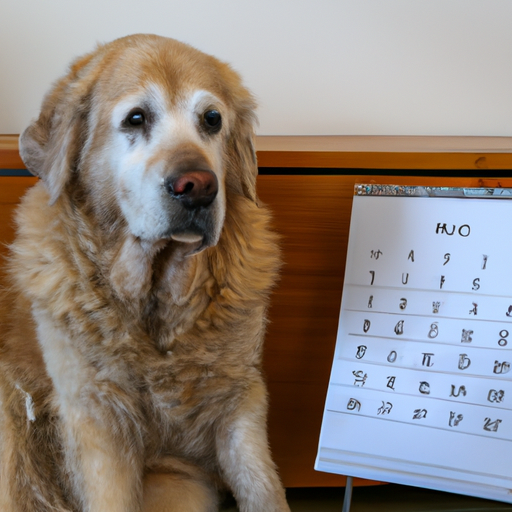What You Need to Know About Your Aging Dog
You’re probably observing that your beloved pup is starting to get grey hair around its muzzle or eyes. It’s a perfectly normal part of the aging process, similar to how humans get grey hair as they age. Dogs, just like humans, experience physical changes as they grow older. It’s important to understand these changes and know how to care for your aging dog.
The Science Behind the Greying
Just like us, dogs go grey due to a process called Senescence, the biological term for aging. As dogs age, there is a gradual reduction in the production of melanin, the pigment responsible for the color of their fur.
According to scientific studies:
- Smaller dog breeds tend to go grey later than larger breeds.
- Stress can cause premature greying in dogs, similar to humans.
| Breed Size | Average Age of Greying |
|---|---|
| Small | 9-12 years |
| Medium | 7-10 years |
| Large | 5-8 years |
Caring for Your Greying Dog
As your dog ages and starts to grey, there are some key steps you can take to ensure their comfort and health:
- Ensure they have a balanced diet: Older dogs need more fiber and less fat in their diet. Consider switching to a senior dog food brand.
- Regular exercise: Keep your dog active to maintain their muscle tone and prevent obesity.
- Regular vet check-ups: Aging dogs are more prone to health issues. Regular vet visits can help detect any potential problems early.
Is Greying Always a Sign of Aging?
While greying is usually a sign of aging, it’s not always the case. Some dogs may start to go grey early due to stress or genetics. If your dog is greying prematurely, it’s always a good idea to consult your vet to rule out any potential health issues.
Frequently Asked Questions
Q: Can I prevent my dog from going grey?
A: No, greying is a natural part of aging and can’t be prevented.
Q: Is my dog in pain because they’re going grey?
A: No, greying is not associated with any pain or discomfort.
Q: Should I change my dog’s diet if they’re greying?
A: It’s always a good idea to assess your dog’s diet as they age, but greying alone doesn’t necessitate a diet change.
Remember, greying is a normal part of your dog’s life. As a caregiver, your role is to ensure they age gracefully and comfortably. After all, grey hair or not, they’re still the same loving, loyal friend they’ve always been.



